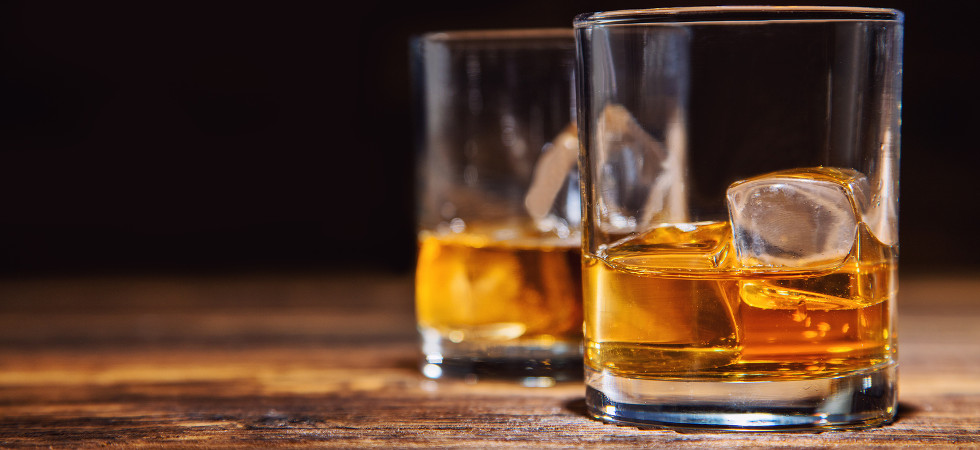The experts at The Spirits Embassy, the leading rare whisky and spirits marketplace in the UK, give us the low down on whisky investment in 2019.
The whisky market
The whisky market has been celebrating consistent growth for at least the past five years, meaning collectors and investors across the world have seen their collections improve over time. Rare Whisky 101 has been producing investment reports since 2014 and have noted considerable gains every year since. These reports include investment comparisons with such markets as Brent crude oil, the FTSE 100 and gold, showing that, in every year, the rare whisky Apex 1000 dwarfed the other markets for growth.
There has never been a better time to invest in whisky. Its intrigue is becoming increasingly prevalent across the world, even pushing in to China which has previously been a highly resistant market. Aside from the powerhouse that is Scotch whisky, emerging markets such as that of Japan are growing rapidly, meaning opportunities for investment are growing and becoming more diverse each year.
Additionally, Whisky Invest Direct notes that, since 2008, barrelled whisky has never returned less than 60% when held for at least six years. This shows the consistency of whisky as a product, as it is difficult to depreciate in quality. An 18-year-old Macallan whisky will always be an 18-year-old Macallan if left unopened, and typically older expressions are regarded more highly. For cautious investors, this also means that holding on for just the right moment holds less risk than other typical investment markets.
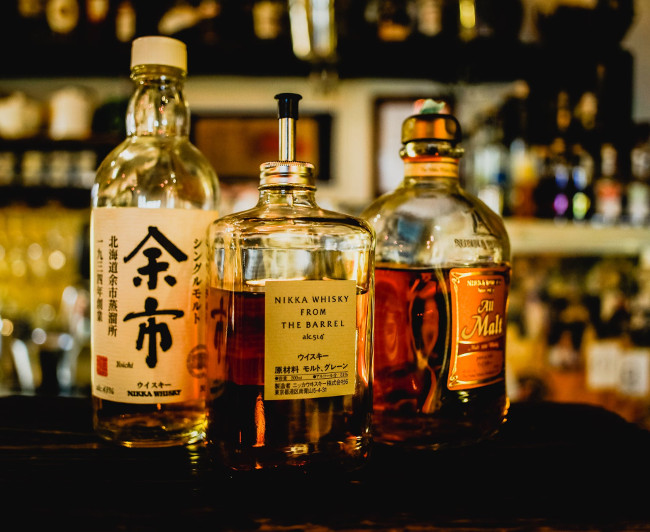
Whisky history
The Irish have been creating whisky since around the 12th Century and are viewed as the originators, but it is Scotch which holds the most respect worldwide. Without Scotch, the UK’s trade deficit would be 11% wider and Japan buys up more than four fifths of Scotch spirit under three years old for their whisky production. This special position means that investments in Scotch, while often more expensive at the outset, are much more reliable and consistent in general.
Comparison with wine
In the last year alone, the average bottle value has increased by 26% from £299 to £377 and 2018 saw a new record for most expensive bottle sold – a unique, hand-painted bottle of 1926 60-year-old Macallan for £1,000,000. In comparison with wine, the average bottle price last year was £166 at just a 10% increase from the last year. 2018 also saw the most expensive bottle sold on record at £445,000.
The value of fine wine is certainly growing but its rise is incomparable to whisky. Not only that, but the stability of wine as a product is much weaker than whisky, meaning investors who are unable to find the right sale could be left with a poor quality product if they wait too long.
Where to start
Before starting a whisky collection or purchasing whisky for investment, there are a couple of things would-be investors need to think about.
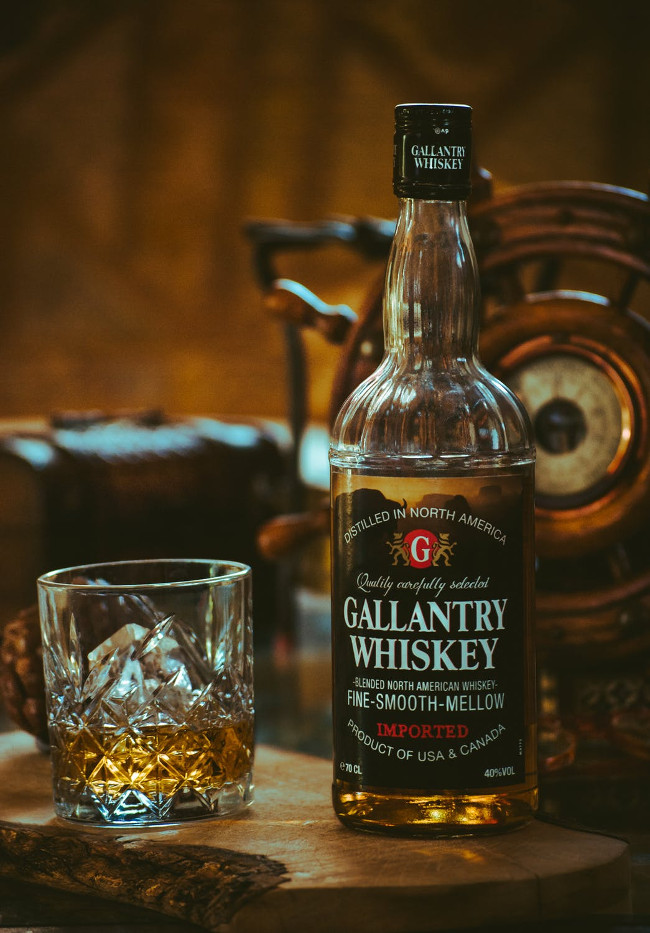
Know the industry
Keeping a close eye on the industry will help any would-be investor understand where to find the best deals, what bottles to watch and when to sell at the right time. Watching different markets is also useful. Scotch may be the most dominant and popular for investment but whisky production is happening in countries across the world, offering diverse investment opportunities regularly.
Make a plan
Nearly half of all whisky collectors spend between £1,000 and £5,000 per year to expand their collections and more than a quarter spend between £5,000 and £500,000. Planning how you will build your collection will be an important part of sensible investment. Additionally, choosing whether to deal in bottles or casks will affect your investment opportunities – casks can sometimes be a more stable product but bottled whisky is an easier first step.
Weigh up risk factors
Emerging markets may offer attractive prospects but for more cautious investors, sticking to Scotch might be the best idea. The Scotch market is much more established and consistent, meaning positive are returns are more assured.
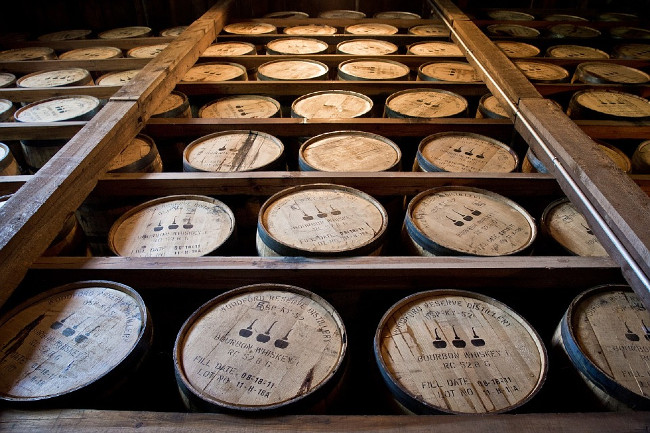
Know what investors will be looking for
Special and limited edition bottles are often highly sought after for investment so keeping an eye out for these may be an ideal way to make returns. However, distillers may sometimes bottle standard whisky in collectable bottles, so quality always comes above novelty.
Love whisky
Whisky is a consumable; it was made to be drunk. It’s highly advised that anybody looking to make money off their collection have a genuine appreciation for whisky as this will help them understand how the market develops and will also mean that rare whisky will never go to waste.
As many whisky enthusiasts lament the death of whisky to investment, the Rare Whisky 101 in 2017 found that almost half are collectors first and 40% said that financial gain wasn’t the main reason for collection. This report also shows that on 16% said their main reason for purchasing whisky was to make money.
Best bottles
Some of the best bottles identified at the World Whisky Awards this year include:
- Teeling 24-year-old vintage reserve whiskey – best single malt
- Nikka Taketsuru 25-year-old pure malt – best blended malt
- Suntory Whisky Hibiki 21-year-old – best blended whisky
- Dunville’s Three Crowns peated whiskey – best Irish blended
- Four Roses 130th anniversary limited edition – best bourbon
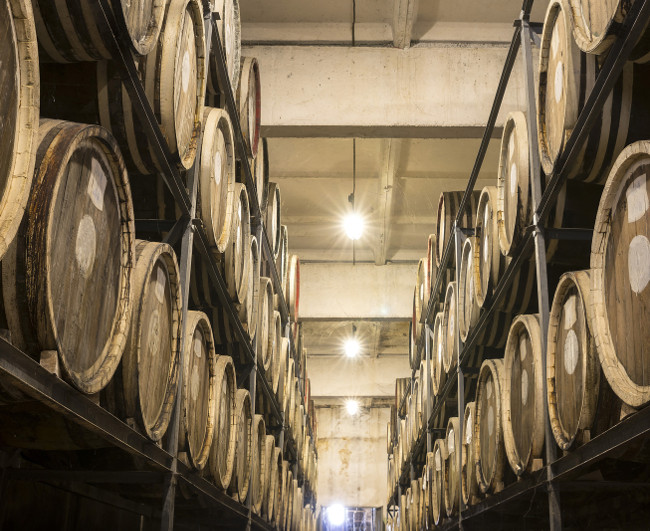
Best distilleries
Scotch distilleries have a reputation for quality, meaning most of the established whisky producers make investment-worthy bottles. Rare Whisky 101 places these five distilleries at the top for investment:
- Bowmore
- Brora
- Springbank
- Macallan
- Glenugie
Silent distilleries like Brora and Port Ellen enjoy particular attention due to the rarity of remaining products and therefore will typically always make for a good investment.
The health of the market offers a unique opportunity for any whisky enthusiast to still enjoy collecting whisky for their own personal use while also benefiting from the available financial gains.












